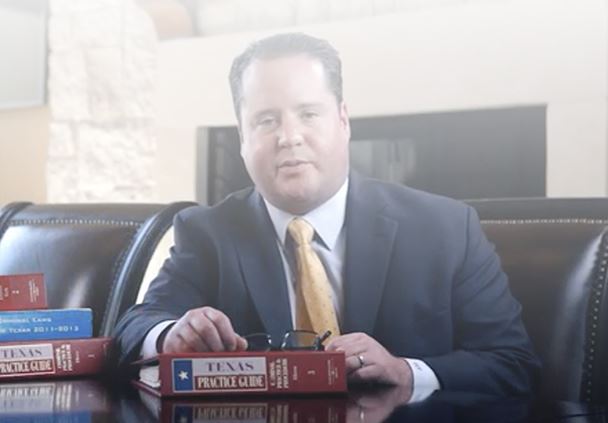
Fort Bend Assault with a Deadly Weapon Lawyer
Fort Bend Criminal Defense Attorney Challenging Your Charges
An assault offense becomes much more serious when the offender uses or displays a deadly weapon while committing the crime. Assault with a deadly weapon is considered an aggravated assault offense in Texas, meaning it is an elevated assault offense that can lead to harsher penalties upon conviction. According to Texas law, a deadly weapon is defined as a firearm or an object that is made, designed or adapted to cause another person serious bodily injury or death, such as a knife. Other types of objects can also be considered deadly weapons if the offender uses the object, or intends to use it, in a way that is capable of causing another person serious bodily injury, according to the state's penal code. For example, a person might use a hammer to seriously injure threaten to seriously injure another individual.
At my office, the Law Office of John L. Venza Jr., I work with individuals who have been accused of committing assault with a deadly weapon and various other types of criminal offenses. I fully understand that just because you were accused of a crime, this does not mean you are actually guilty of the offense. As an experienced Fort Bend criminal defense lawyer, I can serve as your legal advocate in the courtroom, helping you to effectively communicate your side of the story and ensuring that your rights are being fully protected.
Possible Penalties
Assault with a deadly weapon is normally be considered a second-degree felony, which can potentially lead to a prison term lasting anywhere from 2 to 20 years and a fine of up to $10,000. There are, however, various factors that can lead to the crime to getting bumped up to a first-degree felony, including when the deadly weapon is used in an act of domestic violence and the offense results in certain types of individuals being seriously injured. These individuals include a person with whom the offender has been romantically involved, the offenders' family member or a member of the offender's household. There are also many other types of circumstances that can lead to first-degree felony convictions, which an attorney can further explain. In Texas, a conviction for a first-degree felony can result in a prison term that lasts 5 to 99 years or a life prison term, along with a fine of up to $10,000.
Make sure you have the appropriate level of defense you need so that you can reduce your chances of suffering from severe penalties and a serious crime on your record. Getting help from a criminal defense attorney in Fort Bend could make a major difference in your case!
Take action now—contact the Law Office of John L. Venza Jr. and receive a free consultation.

Recent Case Results
-
DISMISSED State v. AA
-
DISMISSED State v. AE
-
DISMISSED State v. AL
-
DISMISSED (BOTH CASES) State v. AL
-
DISMISSED State v. AM
-
DISMISSED State v. AP
Get Your Case Dismissed
Developing the right strategy and using my connections in the legal community, I will do my best to get your case dismissed so you can move on with your life.



.1905200930550.jpg)
